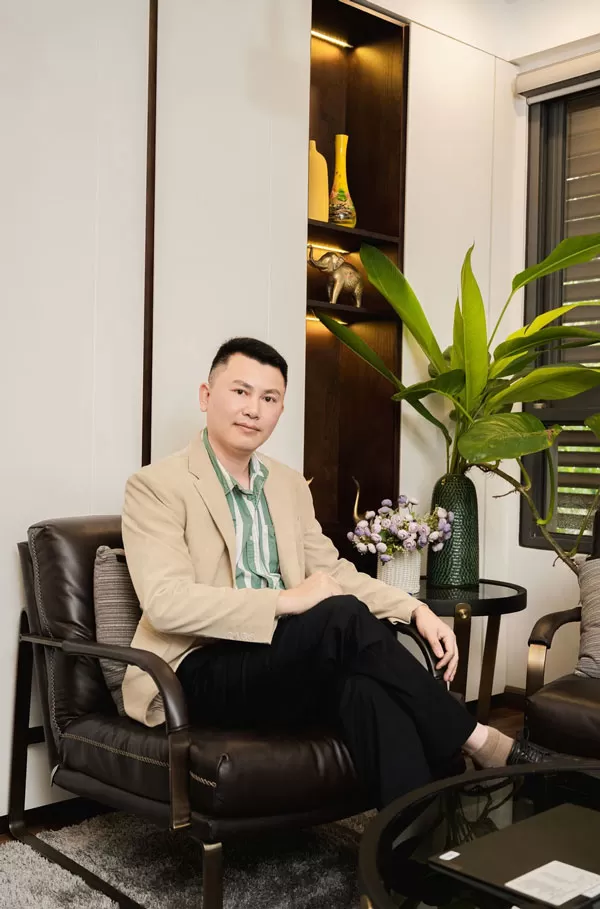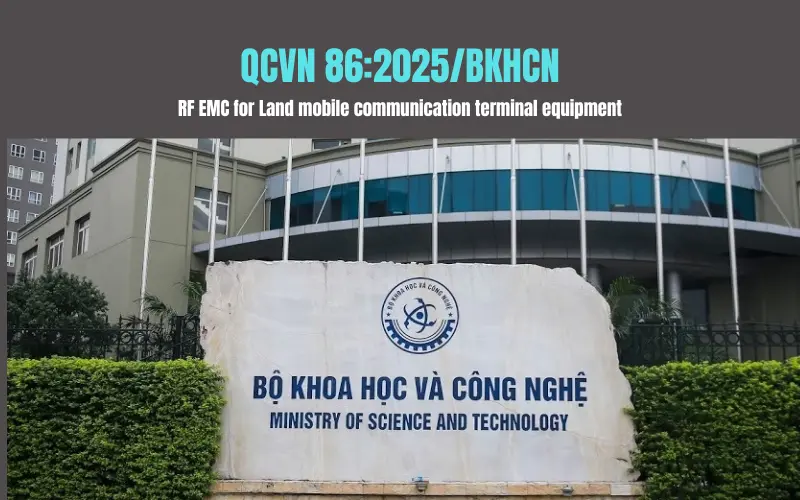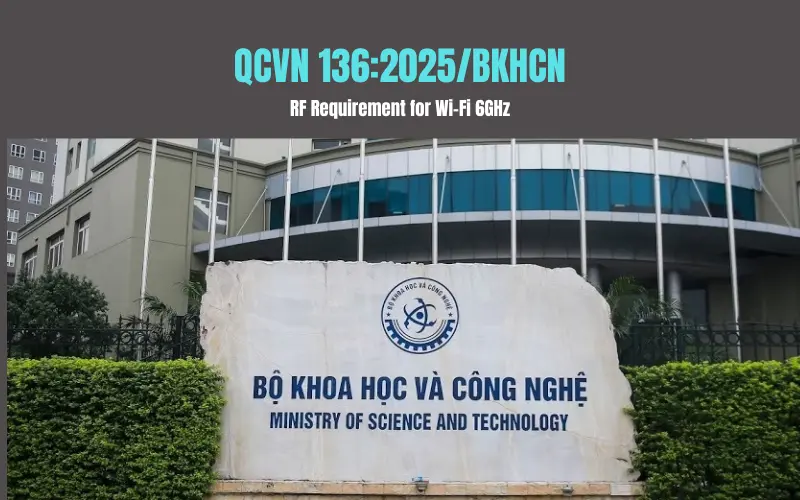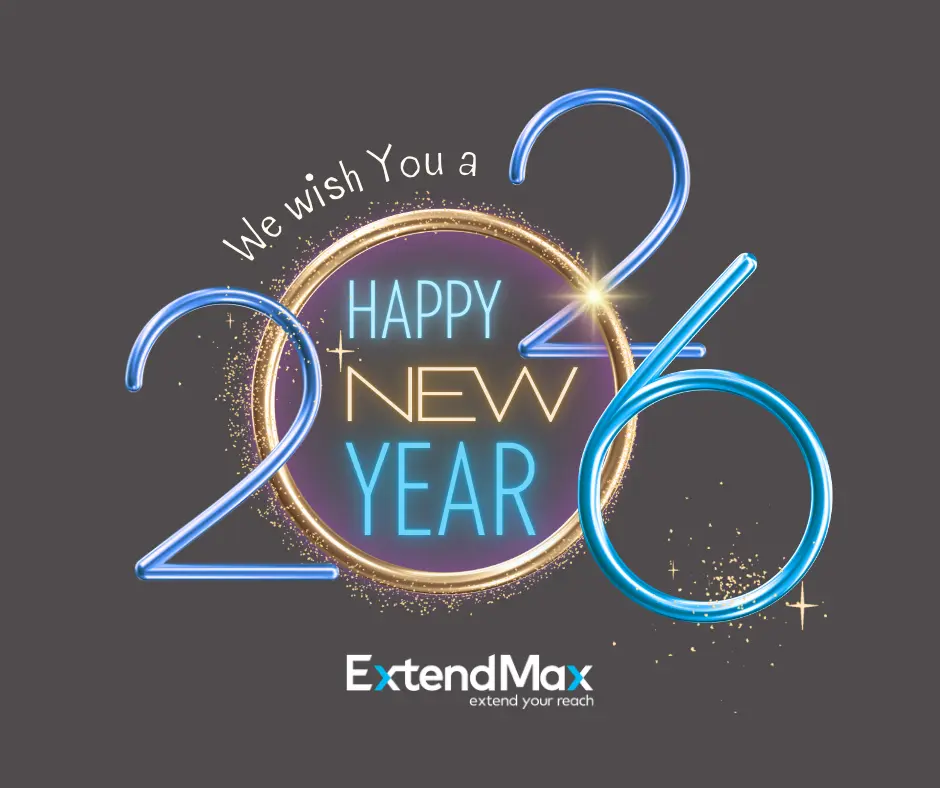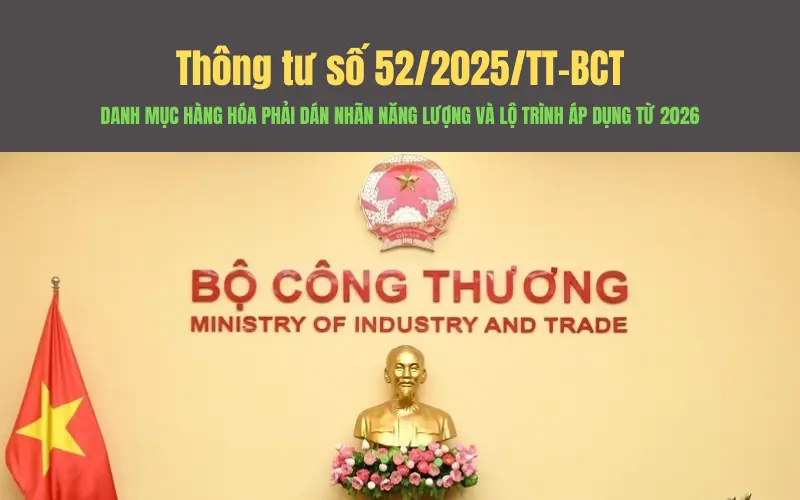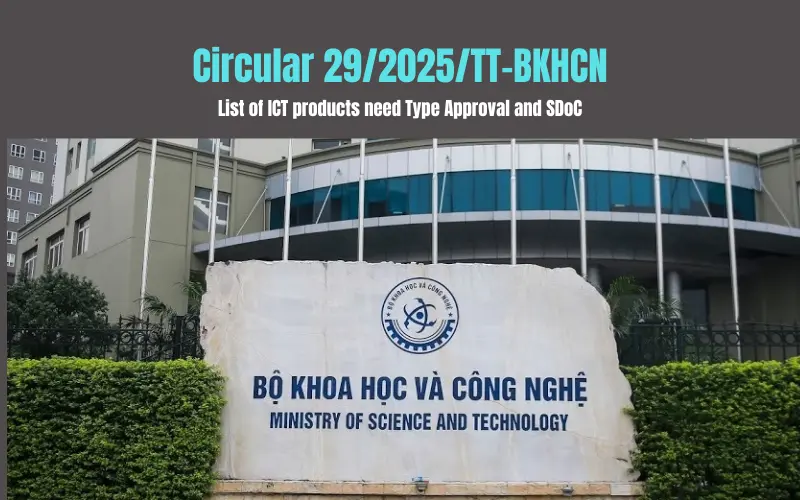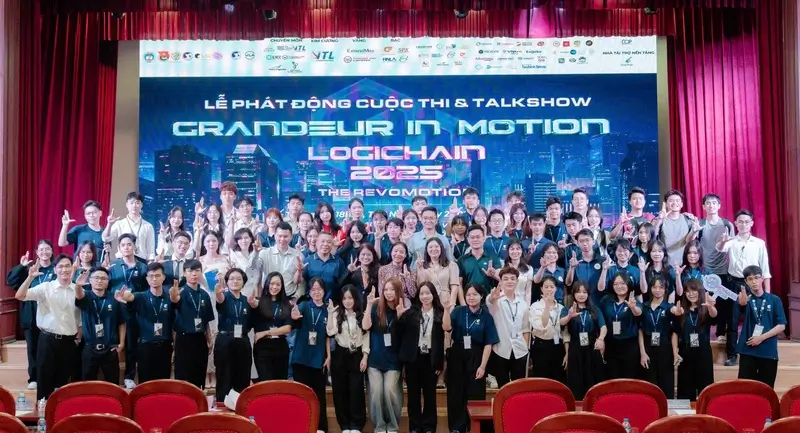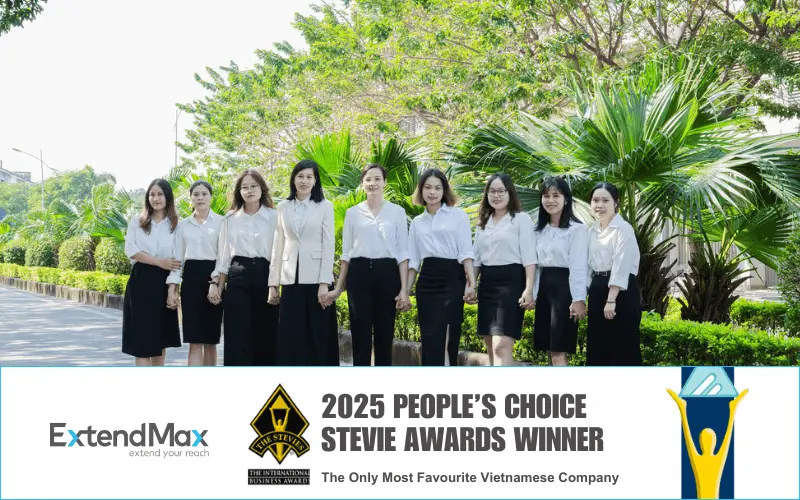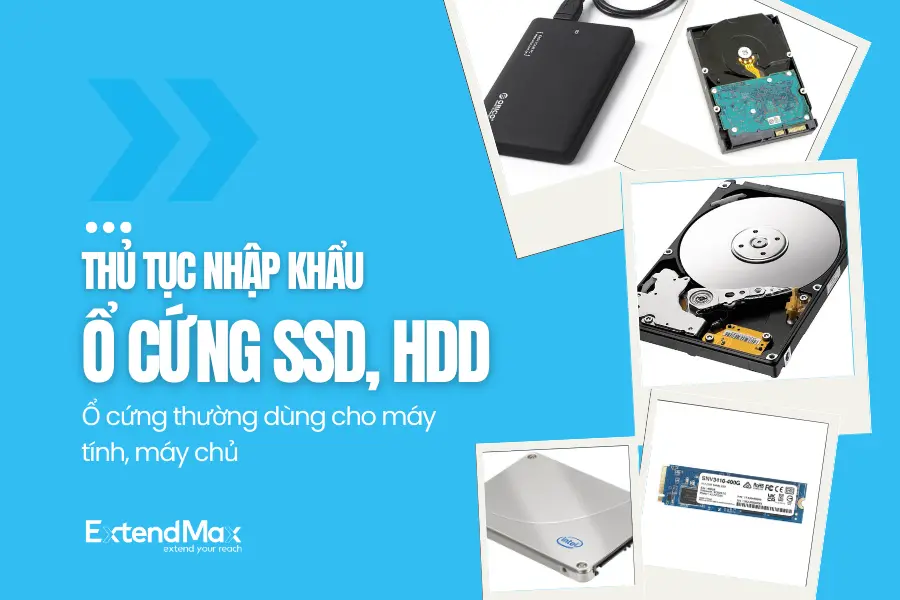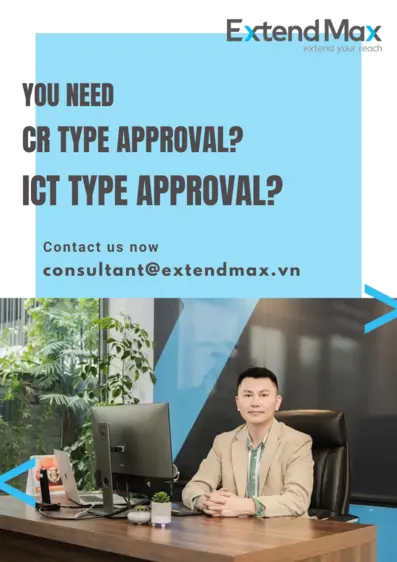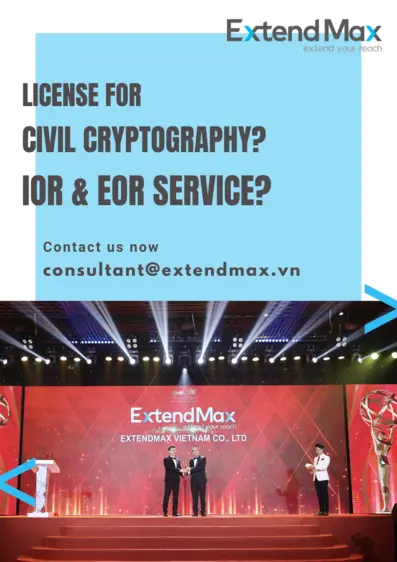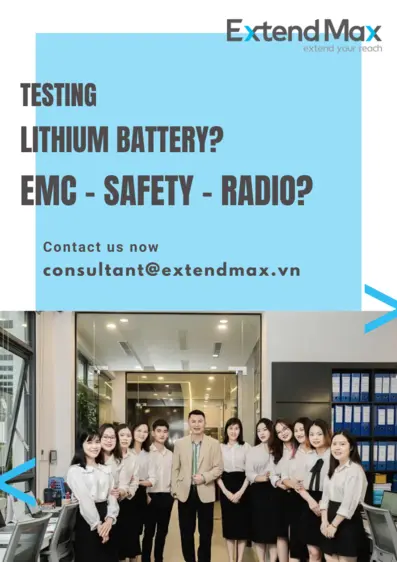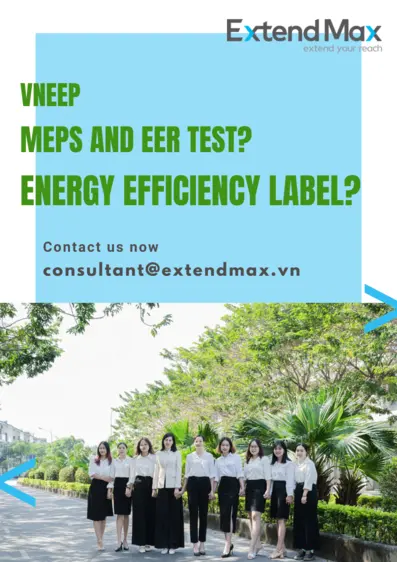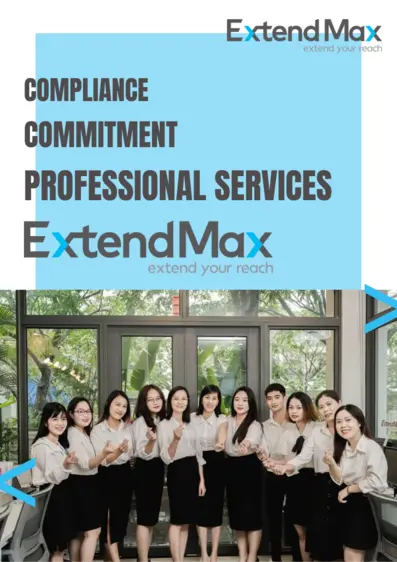Currently, testing ICT products for certification of conformity is a hot issue than ever due to the requirement for testing under extreme conditions for wireless equipment. This is also the main cause of congestion at testing laboratories recently and makes compliance costs for Vietnam higher than ever.

What is extreme condition?
Extreme conditions, also known as critical conditions, are the most hash conditions in which the product can still operate normally. For information technology equipment, extreme conditions include the following cases:
- The highest and lower point of temperature range at which the product can operate
- Unexpected voltage and current at peak levels
Assuming a product is designed by the manufacturer to operate in the temperature range 0℃ ~ 40℃, testing at the lowest and highest points of the temperature range is testing at critical conditions.
Which countries applies?
Currently, European ETSI EN and American FCC standards both apply testing of transceiver equipment in extreme environmental conditions. A typical example is the standards on emission characteristics. Countries following CE or FCC standards also apply depending on each condition.
The QCVN standard system of the Ministry of Information and Communications was developed based on the EU's ETSI EN standards, so it also inherits the same technical requirements on testing conditions.
Is it really necessary?
Testing at edge of working temperature range is really necessary for countries or territories that are spread out and have different environmental climatic conditions. For example, the US has a common temperature range of -30℃ ~ 40℃ or Europe has a temperature range in many places of -20℃ ~ 40℃. Ensuring equipment operates well at such extreme temperatures ensures human safety, especially important for communications equipment, GPS or search and rescue equipment. or national security.
How about Vietnam?
Although the critical conditions have been integrated in previously issued QCVN technical regulations, since around 2018, the Ministry of Information and Communications has issued a number of documents guiding the certification and declaration of conformity for Severe conditions may be based on the response declaration issued by the manufacturer or on test results according to ETSI EN. This has been extended until July 2023.
From January 1, 2024, the date Circular No. 10/2023/TT-BTTTT ends the temporary suspension of critical condition requirements for most regulations, importing companies and manufacturers must test fully meet the criteria in the corresponding technical regulations, including testing at critical conditions.
Possible problems
Previously, products only had to be tested at standard ambient temperatures of 20℃ ~ 25℃, so testing was quite convenient. From the end of 2023 until now, testing is not favorable for the following reasons:
- Critical testing requires a special type of sample product called a "conducted sample". This kind of prototype can only be made by the manufacturer, or must be modified from a normal sample by skillful telecom engineer.
- Testing laboratories in Vietnam have limited capacity, typically small temperature chambers, or can only test at temperatures as low as -20℃.
- Testing under extreme conditions makes the test duration three times more than normal compared to before, the time is prolonged and the cost is correspondingly increased.
- The number of radio testing laboratories is limited and cannot meet the sudden increase in demand in a short period of time, leading to prolonged testing congestion.
- Providing conductivity test samples is impossible in the case of an individual importing a single product, or a company importing it for its own use. Converting regular samples to conducted samples causes product damage.
- Rising testing costs make some cases of single product import, such as purchasing goods via cross-border e-commerce or importing goods for projects in small quantities, difficult. Sometimes the testing fee is much higher than the product value. Typical examples are 5G phone testing fees of up to 135k USD, TV testing fees of up to over 6k USD for each model.
Harmonious solution
For Vietnam, due to mild climate conditions with the average common ambient temperature range being only 10℃ ~ 40℃. A harmonized solution to the requirements of testing under extreme conditions is truly necessary. We know that the Ministry of Information and Communications is about to organize a meeting with a limited list of manufacturers to exchange comments on the draft Circular supplementing and amending Circular No. 04/2023/TT-BTTTT. It is expected that testing in extreme conditions will be an important topic in the meeting.
Reference: MIC postpones extreme test requirements?
Contact info for consulting
EXTENDMAX VIETNAM COMPANY LIMITED
Hotline: +84 915 836 555 | Hanoi: +84 24 6666 3066
Email: consultant@extendmax.vn | phuong.tran@extendmax.vn
HO: ExtendMax Villa, C01-L18 An Vuong, Duong Noi urban area, Duong Noi ward, Ha Dong district, Hanoi City, Vietnam
Test laboratory: BT02-21, An Hung urban area, To Huu street, La Khe ward, Ha Dong district, Hanoi City, Vietnam
If you find our article useful and valuable in practice applications, please support us by rating it, leaving your comment at the bottom of this article, and sharing it with your colleagues or the industry. Your review will be a great motivation for us to write more detailed and valuable procedural guides for importing, exporting organizations.
↓ ↓ ↓ ↓ ↓ ↓ ↓

